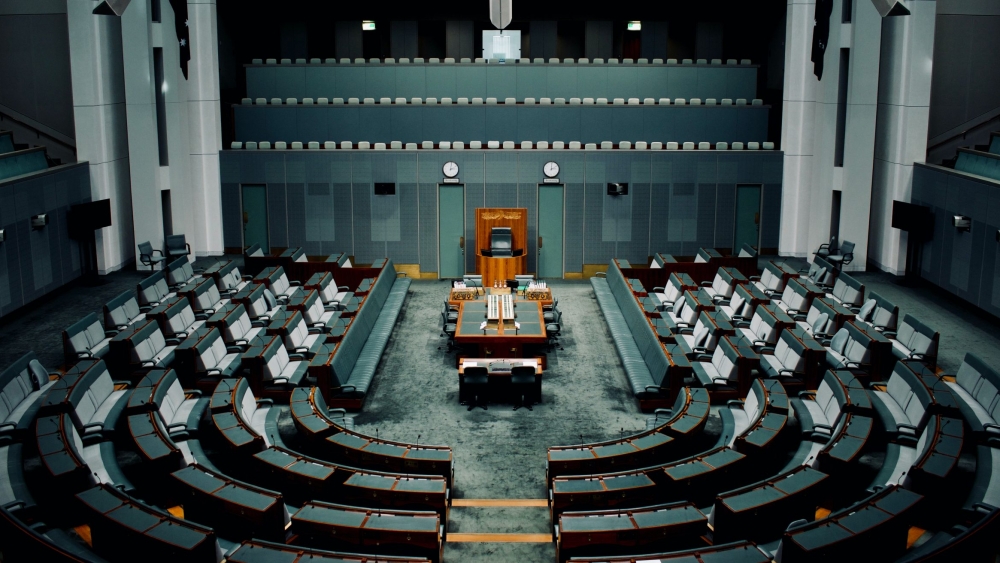No matter what business you’re in, government policies and regulations affect your business. That is why every company should have a government relations team that works to understand all government structures that may affect them.
Often times, public relations and government relations teams work hand-in-hand: public relations is essential for building a positive relationship with the public, and these professionals work closely with the media and other stakeholders in order to build a company’s public image. One of these stakeholders should be the government.
However, many public relations strategies fail to take government relations into account even though the government can potentially play a massively important role in a company’s business.
In fact, when a company has a good government and public relations strategy, it can possibly allow access to new key opinion leaders (KOLs), media coverage, strategic partnerships and business opportunities. When combined, public and government relations strategies can lead to more established and effective outcomes. It is certainly no small feat!
But, how does a company accomplish this? We’ll tell you how it’s done.
So what is government relations?
A government relations professional is tasked with analysing policies, finding ways for governments and companies to work together, and developing strategies for providing input on public policies.
Simply put, government relations is all about education and communication. While your company needs to know about legislation, policies and regulations that affect your business, the government, too, should know about what your company does, what your future plans are, and your company’s point of view.
To do this, you need to know how to navigate the local government system and policies – and it isn’t always easy. To be honest, there’s a possibility that when you try to establish this relationship, you’ll be given the run-around by government groups, or even be ignored.
However, with a dedicated team to help with government relations, companies can get their foot in the door and then begin working toward partnering with governments and governmental groups to further their business goals.
It’s all about relationships
For those of you with furrowed brows, we promise government relations is not (always) about fancy lunches, business suits and playing golf! Government relations (and also public relations!) is all about relationships and communication.
Here are a few steps that companies can take to start building government relations:
Map out stakeholders
Your first step is to identify the key stakeholders. You need to know who the players are, what they do and how they can help with your campaign, project or business objective. It could be a Minister, your local MP (member of parliament), or a specific department head.
Do your research
From there, it’s time to do your homework and deep-dive into the relevant policies and regulations, media reports and all the nitty-gritty details about the relevant people you need to work with. Know your stuff before you get in touch with officials!
Make contact
Introduce yourself and your company, and state your business proposal. Do keep in mind that government officials are important for your business, and that you should do everything possible both impress and charm them. In addition to sending your business proposal, consider also inviting them to tour your office or taking them out for lunch.
Follow up
“But what if they ignore me?” you may ask. Government officials are busy people, and they sometimes do not reply to your emails straight away – especially because your email could be buried under a mound of high-priority action items.
If you don’t immediately hear back from them, it’s okay. Don’t give up. Continue to follow-up with them, or maybe go visit them at their office in person. If that fails, perhaps you can try another approach, like contacting their personal assistant to arrange a meeting, or pivoting to get in touch with another relevant official instead.
Timing is also very important. Avoid contacting government officials during busy periods, such as ahead of the national Budget tabling, upcoming party elections or by-elections, or during long stretches of public holidays. By considering when may be the best time to reach out and being vigilant in following-up, you’ll eventually get a response.
Begin building a relationship
Your work doesn’t stop after you make contact with government officials. In fact, that’s where the work begins. The next step – and the hard part – is nurturing and sustaining that relationship. Always keep officials informed of your business progress so you remain top of mind. This can be easily done by adding them to your newsletters or inviting them to attend your business functions.
Monitor news and issues
Keep an eye out for relevant news or issues involving your project or campaign. Always be on the ball! Cabinet reshuffles and internal management changes, for example, are major changes that can affect your business and campaign. You should also be on the lookout for news of Ministers supporting or condemning certain topics or issues. It’s good to know where officials stand in relation to current affairs and topics, and can help to inform how you approach them and build your relationship with them.
Looking for help building your company’s government relations? Contact us at [email protected], and we’ll get you sorted.

